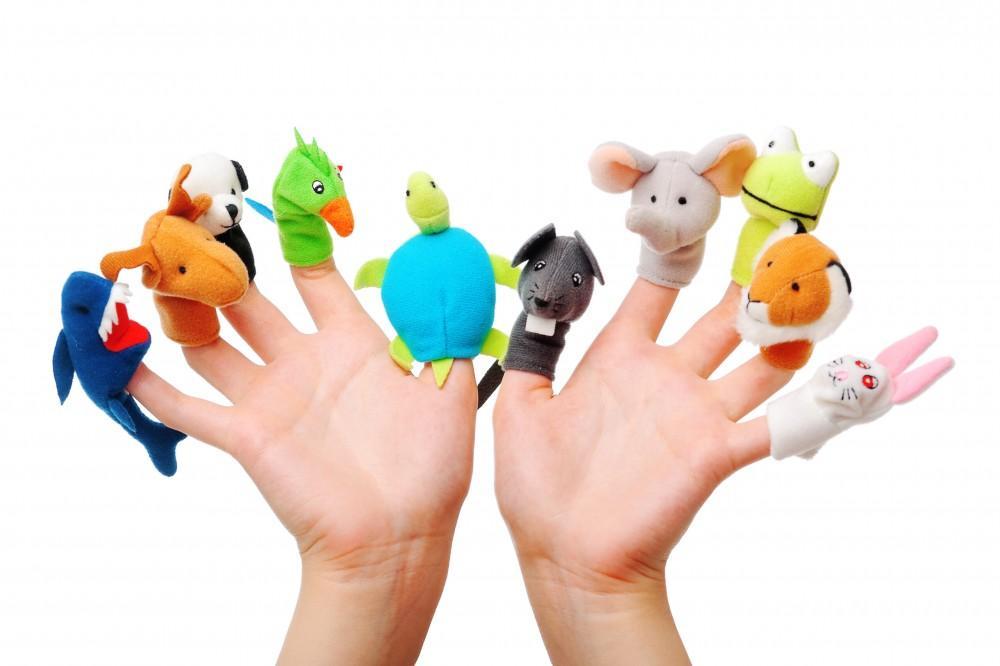What is Play Therapy?
“Because play is a child’s language and toys are a child’s words.” (Landreth 2002)
Play therapy refers to a large number of treatment methods, all applying the therapeutic benefits of play. Play therapy differs from regular play in that the therapist helps children to address and resolve their own problems. Through play therapy, children learn to communicate with others, express feelings, modify behavior, develop problem-solving skills, and learn a variety of ways of relating to others. Play provides a safe psychological distance from their problems and allows the expression of thoughts and feelings appropriate to their development.
Play therapy is built on the belief that children are amazingly resilient and possess the traits needed to grow into a well-adjusted person. Children are able to “play out” the challenges that they are having in their lives in a safe environment and develop new ways of managing those specific challenges. Through both structured and non-structured play children are able to learn skills that allow them to self-regulate their emotions and behavior, work through trauma, and develop greater frustration tolerance.
Using developmentally appropriate toys and engaging activities, play therapy helps children communicate thoughts and feelings which may be inaccessible consciously or simply beyond their current vocabulary. (Gil 1991) Play therapy is evidence-based, which means that research has proven play therapy interventions effective in treating the challenges that children experience.
In starting play therapy at WCWCW typically parents come to the first appointment without their child which provides the opportunity to discuss concerns, family dynamics, as well as what is working and what is not working. During this appointment, some initial feedback can be provided and a plan for how to best start the process is discussed. From the information that is obtained at that session, the play therapist is able to develop a plan for the first play therapy session.
The first session typically includes non-structured play for the child, allowing them to become comfortable in the office and with the play therapist. The initial play therapy session also attempts to target some of the concerns that were addressed at the initial meeting, this could be working on calming skills through play if the concern is meltdowns or angry tantrums, or it could be setting part of the room up to address anxiety or worry that parents have addressed, like having a medical kit out and a doctors office or hospital if there is resistance to going to see the doctor that has reached the level of concern that it needs to be addressed. The plan for each child is specific and is developed in collaboration with his or her parents based on the behavior and concerns seen in the sessions as well as what the parents see at home and elsewhere.
To learn more, meet Andrew.
Allison Brown works with children and their families focusing on developing emotional and behavioral regulation. Allison has a master’s degree in professional counseling from Liberty University. She is strained in play therapy, which is used in both individual and family therapy to allow children to communicate, express them-self, and develop self-regulation. Allison specializes in working with ADHD, impulse control disorders, sensory processing disorders worry, abuse and trauma, and attachment issues. A focus is placed on family therapy to provide parents with the tools to help their child outside of the therapy setting.
Landreth, G. L. (2002). Play therapy: The art of the relationship. New York, NY: Brunner-Ruttledge.
Gil, E. (1991). Healing power of play: Working with abused children. New York, NY: The Guilford Press.








